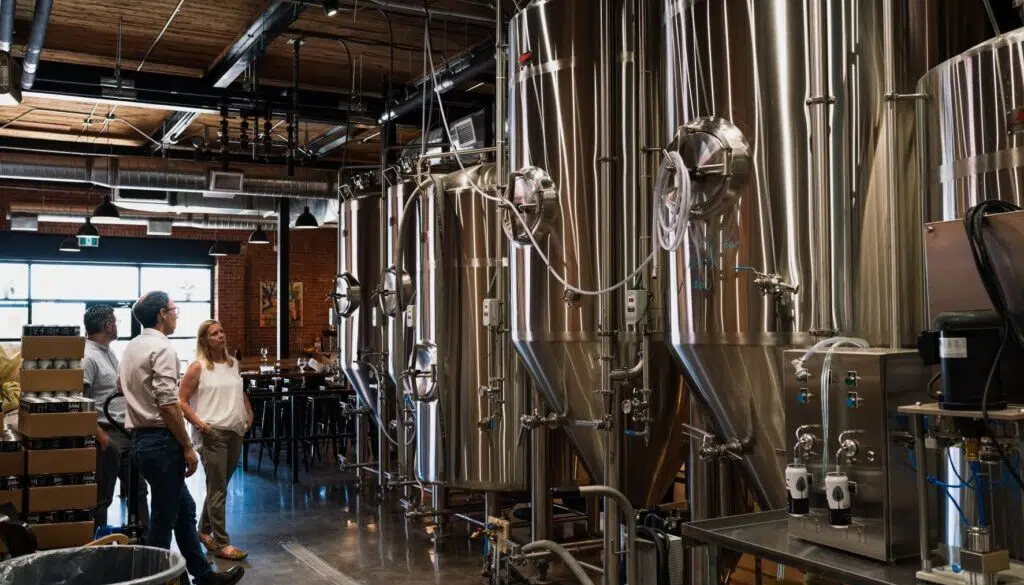Alcool New Brunswick Liquor’s (ANBL) Local Producer Advisory Committee has extended its mandate indefinitely as the craft alcohol sector of New Brunswick’s economy continues to grow.
“It’s bringing a lot of transparency to the conversation,” says Lori Stickles, ANBL’s president and CEO.
“It’s helping ANBL understand what the concerns or challenges of the industry are but then also helping industry understand the policies and the rationale behind policies, and how do we go forward together to craft policies that make sense for the industry as a whole.”
The committee was originally mandated to last a year. It meets every three months and its members include ANBL, representatives from three New Brunswick craft brewers, a macro brewer, and one representative each from distilleries, wineries, cideries, and cooler producers. It also has representation from the province’s craft alcohol association, Craft Alcohol NB.
“We have about 110 active [craft] producers currently in the province. There’s more and more people coming in, more and more products coming into the market,” says Stickles.
“As the industry grows [we need to be] making sure that we make the best policies and decisions for the long-term sustainability of the industry.”
Those craft alcohol products, including beer, cider, wine, mead, and spirits, accounted for $21 million of ANBL’s $520 million in sales in 2022. That’s four percent of the market, competing for customer attention with international brands like Coors, Lindeman’s, and Somersby.
Steve Russell of Foghorn Brewing Company in Rothesay says ANBL has made strides in recent years to recognize the importance of craft alcohol.
“ANBL is both our regulator and essentially our only customer,” says Russell. “Now, they have ‘local producer’ category managers,” he explains of ABNL’s relationship with local and craft producers in the province.
“When we started back in 2016, we were just under the beer category. They’ve since expanded that [because] there’s so many local producers … It’s being managed independently of the big beer, big wine experience.”
Russell says Foghorn’s relationship with ANBL is essential because it’s a gateway to increasing sales.
“We are definitely focusing on increasing our distribution and our sales out there at brick-and-mortar ANBL stores, and the agency stores, and the grocery channels,” he says. “Our tap room hasn’t changed since 2016, it’s plugging along well, but our focus is on growing so we’ve been growing every year in ANBL sales.”
At the latest committee meeting, ANBL also agreed to provide a consolidated membership to all NB Craft members for its data-sharing program. The program provides daily insight into product attributes, inventory, and sales data.
“We believe having regular access to inventory and sales data will provide us with wide knowledge of sales trends by category, price etc.,” Lloyd Chambers, the president of Craft Alcohol NB, says in a written statement. “We can then adjust our own way of doing business in order to follow market trends.”
Russell says Foghorn does get some of that raw data now but has “hired a developer to come up with a program that will make it presentable to us in a way that makes sense”.
Working together to understand the needs of the craft alcohol industry, be it through increased access to data, market access, or by providing more input on policy, will help strengthen the industry for everyone.
“I think over the years they’ve been working towards that end,” says Russell. “Every year it gets better.”
Alex Graham is a reporter with Huddle, an Acadia Broadcasting content partner.







